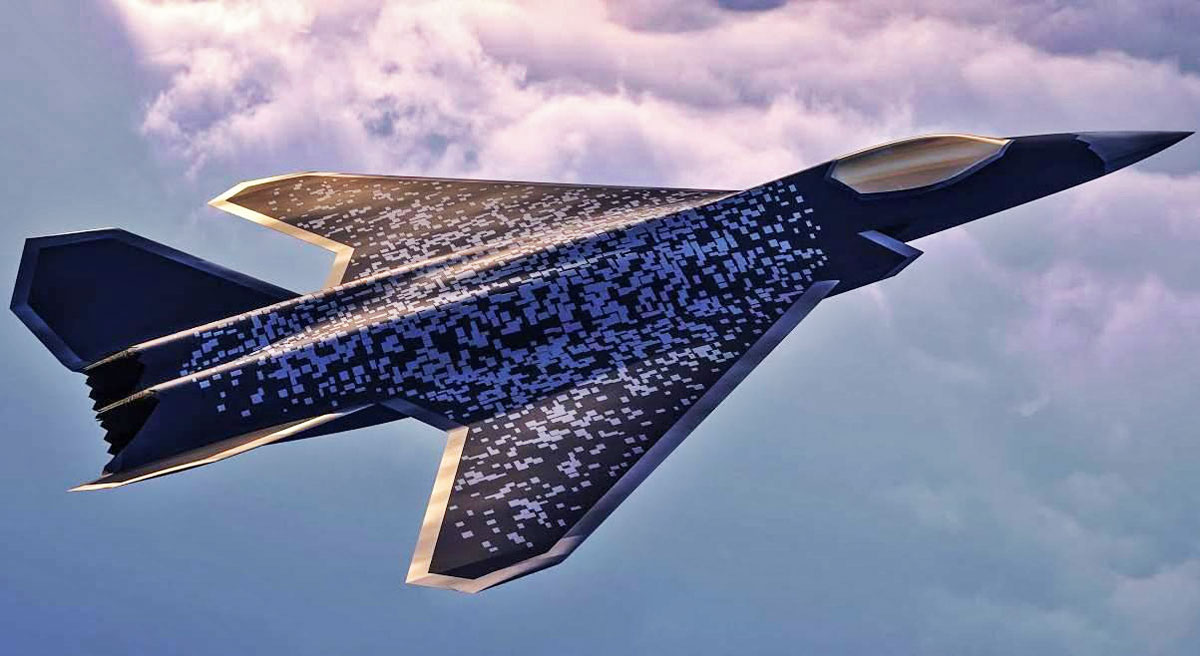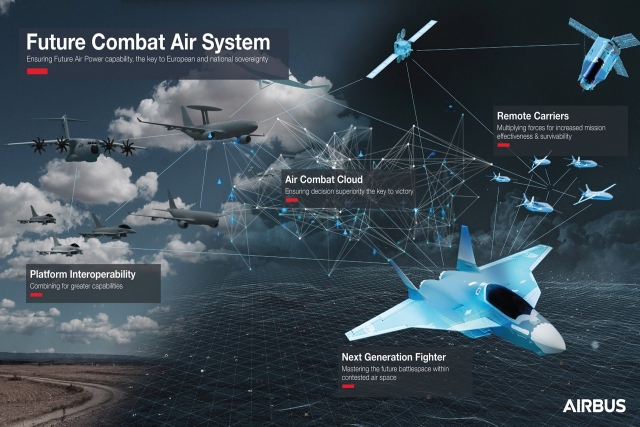Dassault says YES to FCAS and development of European 6th generation fighter can continue
After much back and forth, Dassault Aviation and Airbus were able to reach an agreement on the next phase of development of the future European FCAS/SCAF fighter aircraft.
Accord entre #DassaultAviation et @Airbus sur l’avion de combat du futur https://t.co/8b6o121Apy
Dassault Aviation and #Airbus reach agreement on future combat aircraft https://t.co/ArJ7LmyhPo#NGF #FCAS #SCAF pic.twitter.com/URoCLg8jZD— Dassault Aviation (@Dassault_OnAir) December 1, 2022
Dassault Aviation CEO Éric Trappier gave an interview published today by Le Figaro newspaper, in which he reported that it had reached an industrial agreement with Airbus on the Next-Generation Fighter (NGF), an essential component of the SCAF/FCAS.
«The SCAF is a political project launched by President Emmanuel Macron and Chancellor Angela Merkel in 2017, and has been stalled since the summer of 2021. So, yes, it’s done today. We have an agreement with Airbus,» Mr. Trappier welcomed.
After a year of disputes over the sharing of workloads between the industrial partners and especially over the protection of intellectual property rights, finally Éric Trappier, was able to inform President Emmanuel Macron and Sébastien Lecornu, Minister of the Armed Forces, that an industrial agreement was reached with Airbus.
A false start
Both Airbus and Indra had announced on November 18 that discussions between the governments of Germany, Spain and France and their respective aerospace industries on the next phase of the FCAS program had been successfully concluded, and only a series of formal steps remained to be taken before contracts could be signed to initiate Phase 1B development. However, there was nothing but silence from France.
A few days later, on November 21, Éric Trappier gave an interview in which he threw cold water on the optimistic statements issued by the Spanish and German companies: «A kind of pseudo-political announcement was made. I think the German approvals – which were difficult to get – came out and that in turn led to some leaks. But it’s not done yet.»
See also: FCAS without peace: Dassault CEO deflates optimism about a deal
The Dassault CEO cautioned that the deal «is not completely finalized» and that «nothing has been signed between Dassault and Airbus.»
Did Dassault get its way?
For a year, there was an exchange of accusations between, mainly, Airbus Germany and Dassault Aviation, about which sector was more favored in the division of responsibilities for the different pillars of development of the future European next-generation air combat system.
From Dassault, they argued that due to their capacity and experience as a historical manufacturer of combat aircraft for the French Armed Forces, they should lead the development pillar of the flight demonstrator of the future sixth-generation fighter, and Airbus D&S SAU (Spain) together with Airbus D&S GmbH (Germany) would be in second place, as «main partners».
From Germany, the criticism was harsh. On the one hand, in terms of workload, the German aerospace industry charged that the agreements reached excessively favored French positions, to the detriment of its own interests. On the other hand, it was argued that in the end, Germany would end up subsidizing French aerospace development, since the demonstrator pillar of the future sixth-generation fighter is the most technologically advanced of all.

At the political level, the decision had been made, whether in France, Germany or Spain, the dispute was at the corporate level. But it seems that the issue was settled to Dassault’s satisfaction.
“We’ll now be able to move into the next phase of studies, known as 1B, to prepare for the development of a demonstrator, which should fly around 2029… We have been confirmed in our role as prime contractor and architect of the aircraft, and we have obtained protection for our industrial know-how and technologies… Being the architect of a new fighter aircraft is very motivating for our company, our teams, those of Airbus, our main partner, Indra and our long-standing partners, Safran, Thales and MBDA. Not to mention our ecosystem of subcontractors, in all three countries, who will be part of the adventure… Not to mention all the young people we’ll be recruiting to work with the experienced ones, who were involved in the Rafale adventure,” said an enthusiastic Eric Trappier.
Now it only remains to wait for the formal signing of the contracts so that the race to design the successor air combat system to the Eurofighter and Rafale can continue.

/https://aviacionlinecdn.eleco.com.ar/media/2022/12/FCAS-SCAF.jpeg)

Para comentar, debés estar registradoPor favor, iniciá sesión